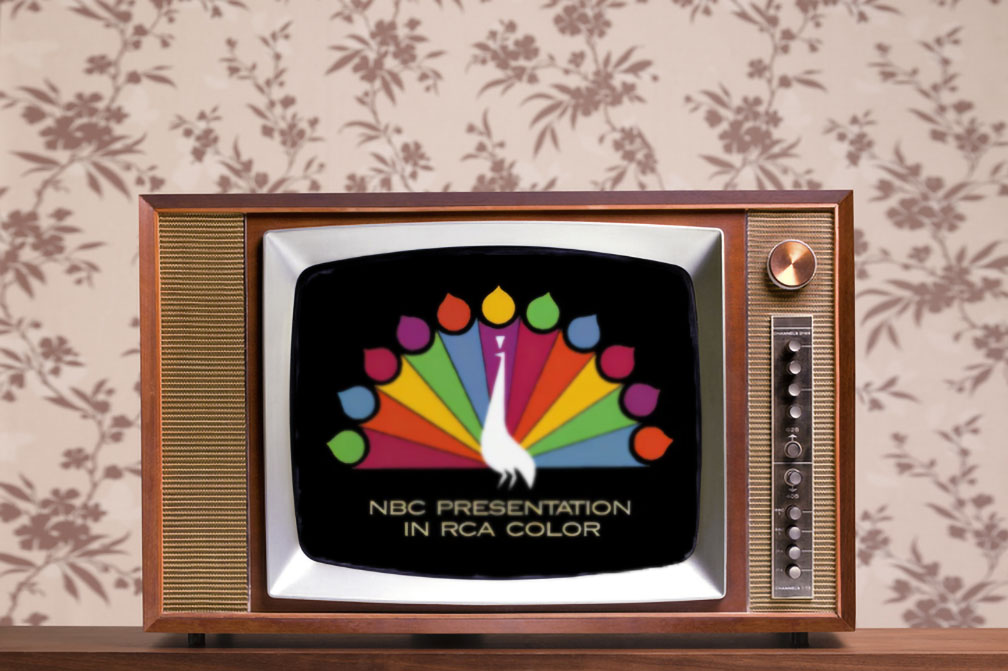
Mark: Hey, Mom, I need two dollars.
Mom: I gave you two dollars yesterday. Ask your father.
Mark: Dad, I need two dollars.
Dad: Ask your mother.
Most kids think their parents are made of money; I was no exception.
Even though my parents complained about not having money, that never stopped me from asking for some — and then some more. Occasionally, I even stole from them. Gently lifting a $10 or $20 from their wallet was not beyond me. If I didn’t believe in God and knew stealing was wrong, I’d likely be writing this from some cellblock.
Being an only child and because my parents deeply loved me, it made them a soft touch. It saddens me when I think about their sacrifices and my devious actions.
When my mother sent me to the store, she’d beg, “Please bring me back the change.” Not because she was cheap but because she needed it for something called food. My mother said wasting food was a sin. If she had to toss out old bread, she would kiss it and pray before tossing it into the garbage.
My parents didn’t understand how to save money to pay their bills. At times, they were so tapped out that they borrowed from mobster shylocks. The punishment for not paying on time was more interest — or threatening to slap my dad around. The depth of fear running through their veins was palpable when bills were due.
Still, it did not stop them from teaching me how to save by signing me up at the bank for a Christmas/Hanukkah club. Starting in January, you put a dollar or more into the account every week, and then by December, you have a nice chunk waiting. Most weeks, my parents put the money in for me. Some nights, I’d lie in bed staring at the bank book, amazed at how much money I had saved.
At a young age, I knew I did not want to live hand-to-mouth like my parents did. Thank God, I have been able to pay my way through most of my life and, luckily, married a woman who understands how to handle money. There was a brief period at age 18 when, undeservedly, I collected welfare. I never felt good standing in line with the newly released Rikers Island prisoners. I feel a gush of self-worth when I get paid for my work. But because of my parent’s fear of not having money, I still fear never having enough.
My parents, like most, would tell you they expect no payback and mean it. But you can repay them by doing well enough, so they do not need to worry about you. That is the payback. The saying is, “You are only as happy as your least happy child.” Relieving worry from your parents is a big mitzvah: Kibud Av Va’em means honoring your parents.
When I was about 25, I started earning money and did something I will never forget. I bought my parents their first color TV and had it delivered to their apartment while they were working. Unboxing and plugging it in was a massive thrill for me. When my mother came home from work and saw me sitting there watching their new color set, she almost fell out the window.
The feeling of being able to support yourself should not be taken for granted. Being able to buy this for my parents with my money was one of my happiest and proudest days. Like most parents, it was hard for them to accept it. When you do give back to your parents, it’s off-centering to them. They want nothing except for you to do well, be happy, and stay healthy.
The night I gave them the TV, the three of us sat in the living room of their one-bedroom apartment, had dinner on folding TV trays, and, for the first time, saw what the NBC Peacock looked like.
Dad: Look at the picture.
Mom: Beautiful.
When I left their apartment to head home, my father slipped me a few dollars for cab fare.
I took the bus and kept the cash.
Mark Schiff is a comedian, actor and writer, and hosts, along with Danny Lobell, the “We Think It’s Funny” podcast. His new book is “Why Not? Lessons on Comedy, Courage and Chutzpah.”
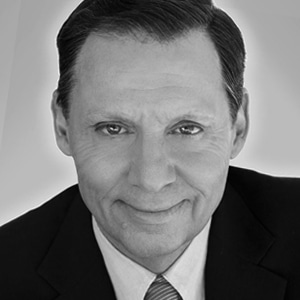






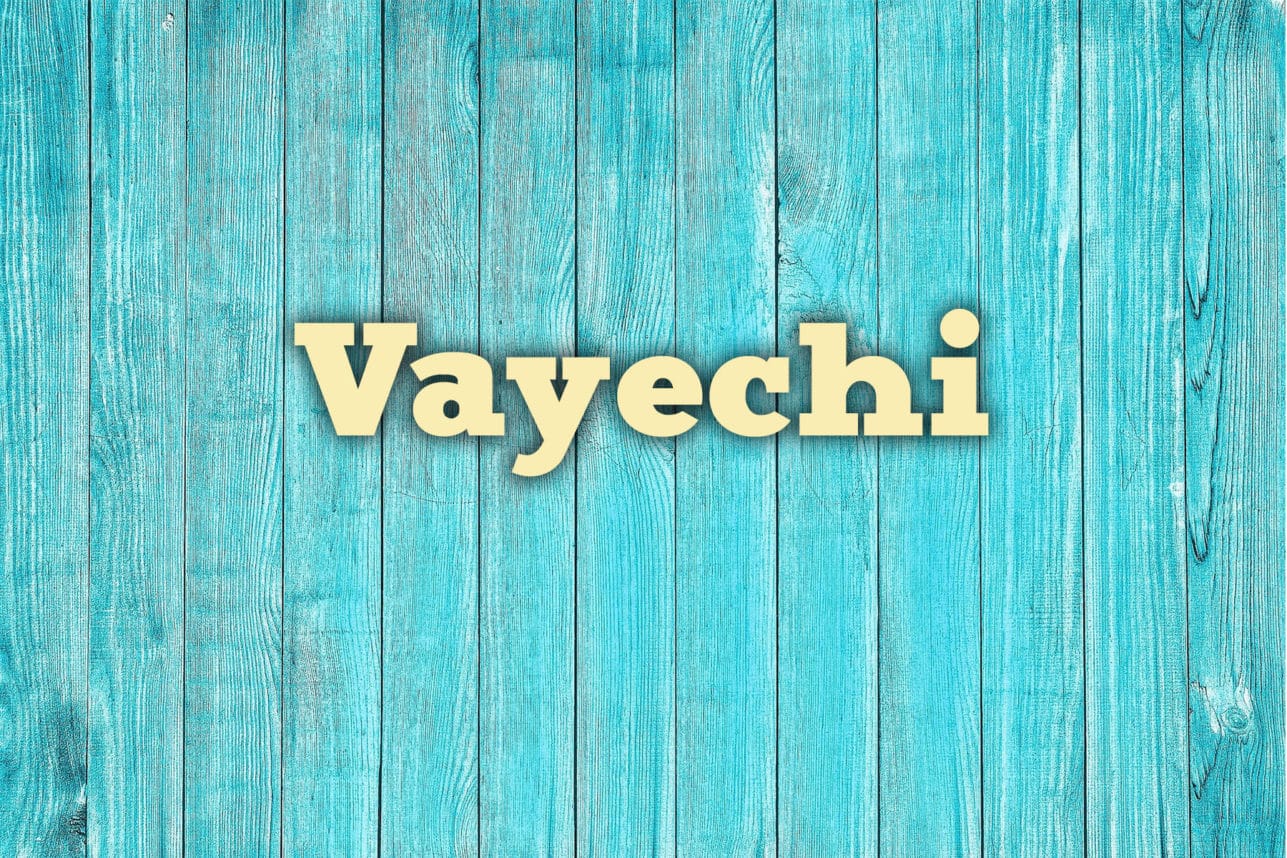
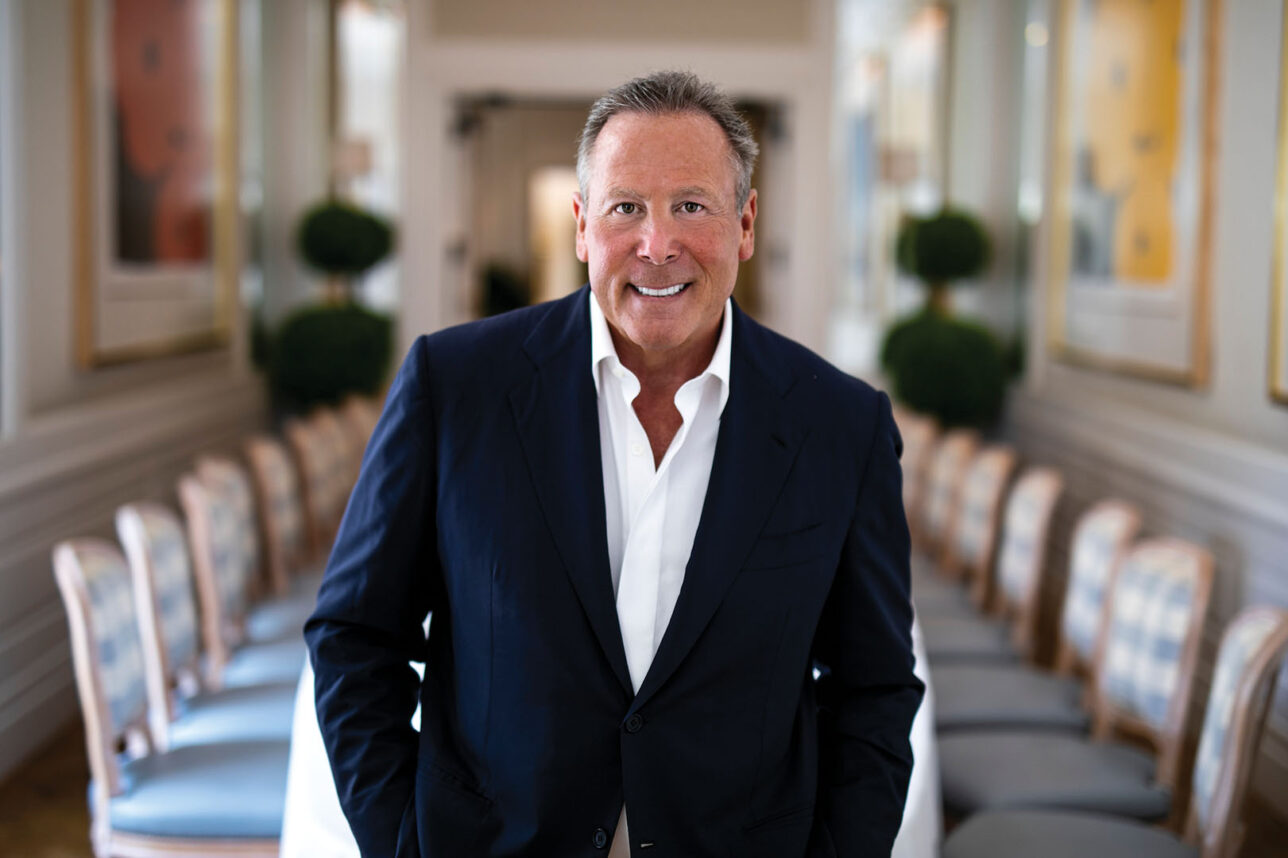
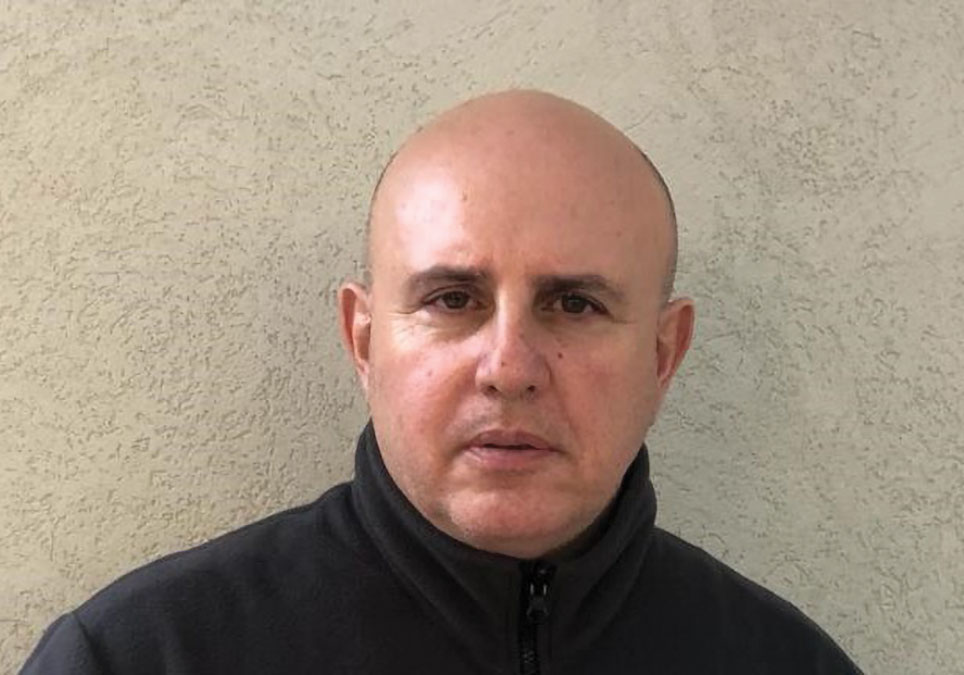





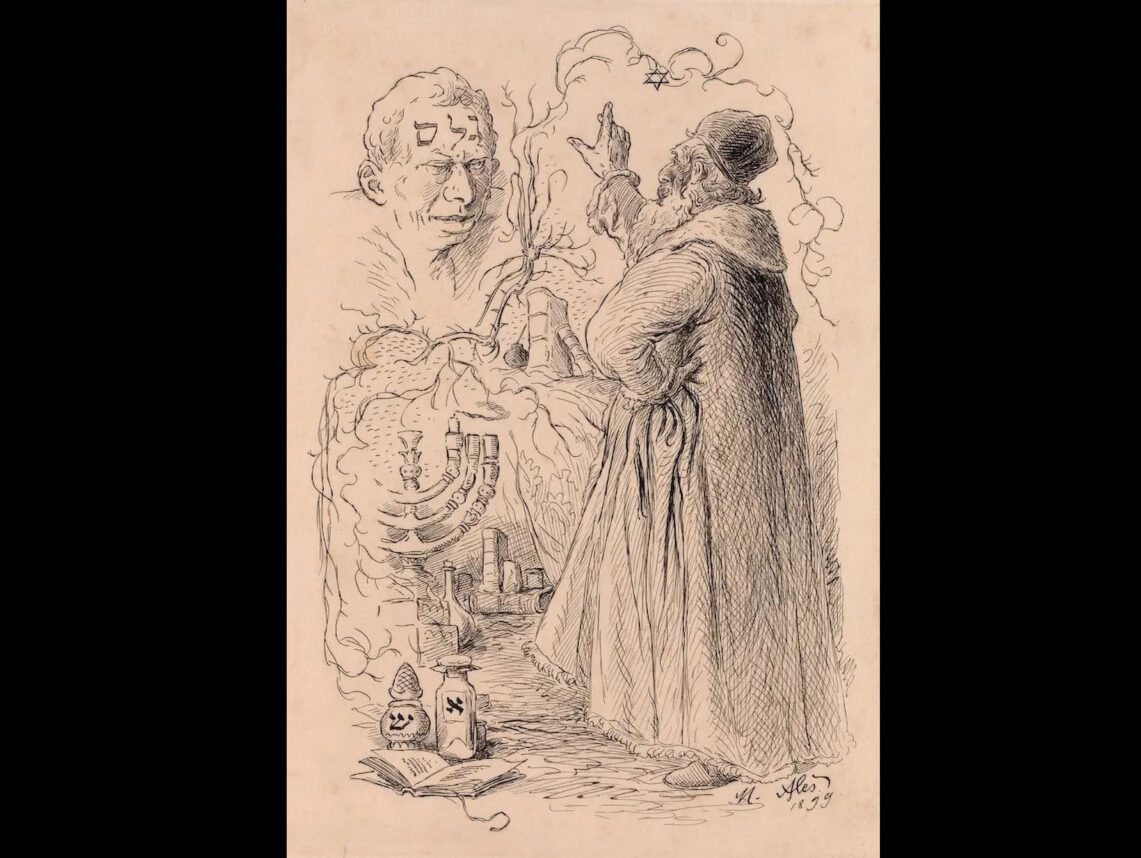
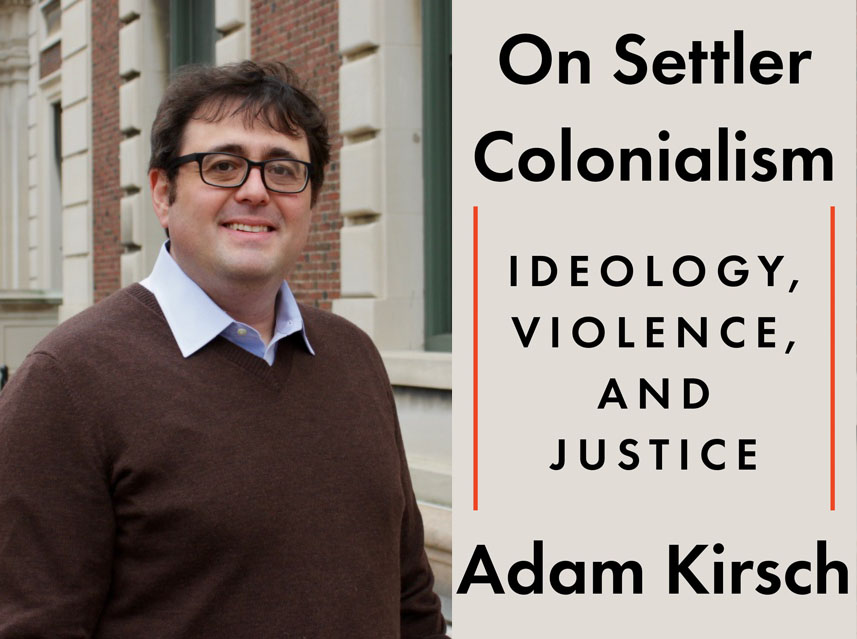






 More news and opinions than at a Shabbat dinner, right in your inbox.
More news and opinions than at a Shabbat dinner, right in your inbox.